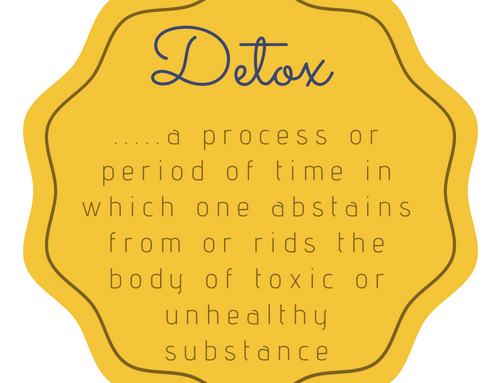Is SIBO leading to your IBS Symptoms?
![]()
IBS is a super common diagnosis made today within the conventional medical system. This diagnosis usually comes with lack of tangible strategies on how to make the IBS go away, and patients often leave the doctor’s office feeling helpless and thinking that they must learn to live with the discomfort that IBS brings.
This was definitely the case with me. My IBS diagnosis was slapped on following a 1.5 year stint living abroad in Africa. My chronic diarrhea was labelled as IBS and I was told this was something that just came on, but that there wasn’t much they could do to solve the issue. My heart sank. However, I never accepted that IBS was at the root of my issue.
SIBO, which is becoming increasingly well known, can lead to a lot of the gastric discomfort commonly found in women (and men) today. In this article, I do a deeper dive into what SIBO actually is and how it can lead to the bloating, gas and chronic diarrhea, constipation (or both) that we see as the classic symptoms of IBS.
What is SIBO?
SIBO stands for small intestinal bacterial overgrowth. Its name essentially describes what it is. What most people don’t know is that the small intestine is not really the place for bacteria – healthy or otherwise. The large intestine is actually where all of those probiotics belong. The small intestine should have less then 10,000 bacteria per millilitre of fluid whereas in the large intestine, we want 100 billion bacteria per millilitre of fluid. Huge issues can occur when bacteria ends up here (in the small intestine) and that is where SIBO comes in.
What happens with SIBO is that the healthy bacteria migrate from the colon (where they should be) and end up in the small intestine (where they shouldn’t be). We will get into causes in the next blog post in this series. What happens is that this bacteria starts fermenting foods. It will consume specific sugars and other foods within the small intestine and this fermentation process produces your symptoms of gas, bloating and discomfort.
There are three types of bacteria commonly found with SIBO. The first is hydrogen gas producing bacteria. The symptom most commonly associated with the overgrowth of these bacteria is diarrhea. These are the people who get the IBS-D diagnosis (or irritable bowel, diarrhea subtype).
Then there are the methane producing gas sub-type. This is where the chronic constipation comes it, and is the class symptom of this type of bacteria. IBS-C is the label here. This type of SIBO has also been linked to PCOS, infertility, skipped cycles, amenorrhea, and multiple miscarriage.
The third subtype is not nearly as well known, likely because it cannot yet be tested for. It produces a lot of hydrogen sulphate gas and is associated with stinky farts and lots of gas. Interesting, the bacteria produces the hydrogen sulphate when it comes into contact with heavy metals. So.. if you have heavy metals, you may have a lot of gas.
There is a reason that the SIBO symptoms are so uncomfortable. Consuming a glass of milk, which contains lactose, which is fermented by SIBO bacteria case cause up the production of litres of gas. You can imagine the discomfort created by all of this gas leaving your system; some through burbs, some through farts and some through the cells in your body.
The bacterial dysbiosis has other consequences as well. It will start to impact the health of the microvilli. These are small finger-like structures, on the out
side of the cell wall that lines your gut. Essentially, these finger-like structures line the small intestine. Think of it like coral. The role is to absorb nutrients and release enzymes to support the breakdown of food. The dysbiosis caused by the unwanted healthy bacteria in the wrong place starts to degrade the microvilli. What this means, is that as the infection progresses, you will begin to struggle to break down food and absorb nutrients. Much like coral bleaching, the microvilli soon become atrophied. This then leads to leaky gut – whereby food particles start leaking through the gut wall and into the body, activating the immune system and created full-body inflammation.
Talk about a hot mess!
How Can You Tell if You Have SIBO?
Outside of the obvious symptoms, SIBO is confirmed through a breath test. Here, the client (you?!) will consume a lovely drink (it’s not that lovely) and this drink will feed the SIBO, if you have it. Then you will produce gas. As a part of the test, you will need to breath into the test tubes at timed intervals to determine whether gas is present in your body. The reason this is a sure thing, is because no other organism in your body produce either hydrogen or methane gas. Based on the timing of the methane/hydrogen gas results, you are able to predict where in the small intestine the SIBO likely thrives. The protocols are then developed based on the specific types of gas that are found – whether methane, hydrogen or both.
Stay tuned for follow-up posts on causes of SIBO and how to treat it.







